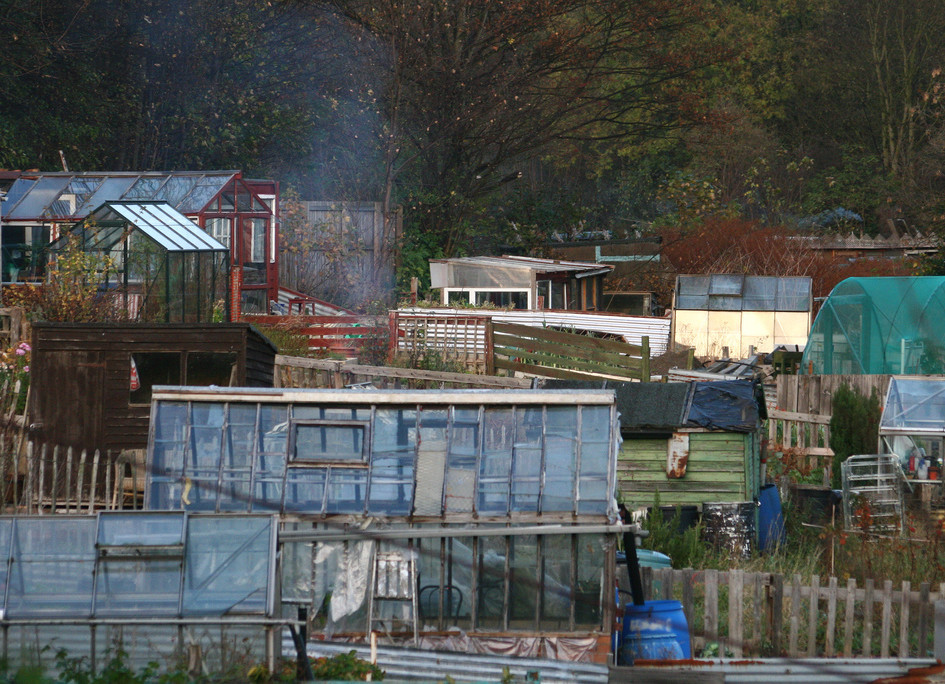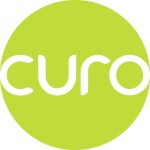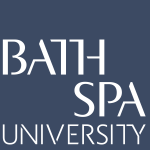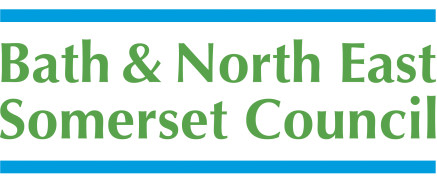At the final ideas session for our environment hackday this week we were joined by members of the environmental protection and sustainability teams at the council and representatives of Transition Bath, Mongoose Energy, and Resource Futures for another lively and interesting discussion. Here’s what we learnt!
Our first speaker was Katherine Jones of the Environmental Protection team. Katherine gave us an overview of the work of the team: investigating reports and complaints from residents covering public health issues, anti-social behaviour, noise, odours, waste accumulation amongst other areas. She gave us an overview of how the team collects and manages these reports and their work with those affected to seek a suitable resolution. Internally the council use a case tracking system that enables officers to follow reports through to their resolution.
The team are interested in publishing anonymous statistics about their cases to:
- Raise awareness around the variety and number of demands on their services as a team
- Increase transparency with residents, providing more insight into the number, type and ultimate resolution of events
- Exploring new ways of thinking and working, e.g. whether using and analysing the data might help identify alternative preventative measures, by identifying trends, hot spots, etc
For example Katherine and her colleague Aled highlighted how there are often seasonal trends to certain complaints, such as public noise. Or that geographical trends in reports of rat sightings might require a review of potential waste build-ups in an area, or a local campaign to raise awareness of better waste handling.
Local Food Strategy
Corporate sustainability officer Sophie Kirk then gave us an overview of the local food strategy. This focuses on increasing production and consumption of local food, improving the local agricultural economy, and healthy eating among residents. Her team works with a variety of local partners, including residents and community growing groups, such as Bath Area Growers.
There are 43 allotment sites in B&NES, of which 23 are managed by the council. However the majority are full and have long waiting lists. The council is also looking at more informal models to encourage local growing, such as Bath City Farm, Broadlands Orchard Share and Vegmead.
This led to a lively discussion around approaches to encouraging local food production, echoing some of the ideas from last week around guerilla gardening and scrumping.
There were some new interesting ideas that were shared, for example::
- Are there ways to provide tools to help local groups to help find volunteers and cover peaks of demand?. E.g. how to showcase groups to people new to the area, attract those on an allotment waiting list to local groups, or dealing with seasonal demands such as apple picking, etc. There’s potential to use social media and other tools to help here
- Could the health benefits of local food production be improved by exploring relationship between local areas of deprivation and use/availability of green spaces, allotments, etc.
- Using mapping to help local groups identify who owns and maintains local green spaces which could be co-opted to become new guerilla gardens.
The last example also relates to a use case that we’ve heard from Curo: residents often don’t know who owns some land, tree or hedge which may need maintenance. Mapping can help address this and allow residents report problems or engage with owners about alternate uses for the space.
Energy Data
Finally we had a short talk from Jeff Tatum who manages the energy data collected from local schools and publicly owned premises. B&NES was amongst the first councils in the UK to roll out smart metering to schools and council buildings, which means there is now 5-6 years worth of energy data available for some properties. We heard about some early analysis of this in our first ideas night.
Jeff highlighted that there is significant potential to reduce energy usage in local schools which collectively could have a large environment and economic impact locally. Local efforts to drive change have seen great enthusiasm from schools, e.g. from energy champions, but the issues have been around providing ongoing support to drive lasting change and not just short-term improvements.
The suggestions discussed were to:
- provide simple, accessible reports for schools as the existing web interfaces may be too complex
- encourage change through gamification perhaps with some element of competition between schools
- provide ongoing actionable insights, e.g. by emailed reports and guidance, rather than requiring schools to regularly check an online tool
All of these would be enabled by ongoing access to the live data on energy usage. We’re currently working with the council to open up this data for council sites, to allow experimentation at the hack day, and then look at allowing schools to opt-in to openly sharing the data at a later date.
More information on this, and some of the other new datasets we’re publishing later this week!
If you have ideas to share, please leave a comment. Check out our meetup page for the dates and speakers for the next ideas sessions and to sign-up to the hackday.







